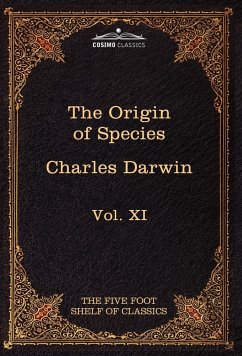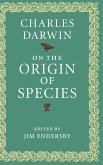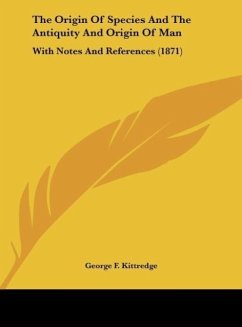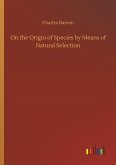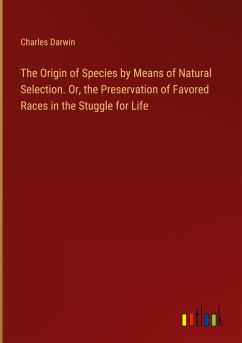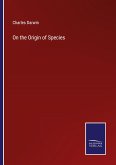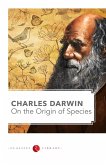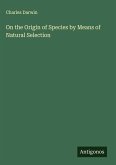Originally published between 1909 and 1917 under the name "Harvard Classics," this stupendous 51-volume set-a collection of the greatest writings from literature, philosophy, history, and mythology-was assembled by American academic CHARLES WILLIAM ELIOT (1834-1926), Harvard University's longest-serving president. Also known as "Dr. Eliot's Five Foot Shelf," it represented Eliot's belief that a basic liberal education could be gleaned by reading from an anthology of works that could fit on five feet of bookshelf. Volume XI features the revolutionary work of scientific philosophy from English scientist, naturalist, and geologist CHARLES DARWIN (1809-1882). First published in 1859, On the Origin of Species is the seminal work of modern biology, positing the mechanism by which evolution operates... as easily observed even in Darwin's time in the breeding of farm animals, and as confirmed today through numerous lines of scientific inquiry. One of the most important books ever written, it transformed our understanding of the planet and our place on it.
Hinweis: Dieser Artikel kann nur an eine deutsche Lieferadresse ausgeliefert werden.
Hinweis: Dieser Artikel kann nur an eine deutsche Lieferadresse ausgeliefert werden.

